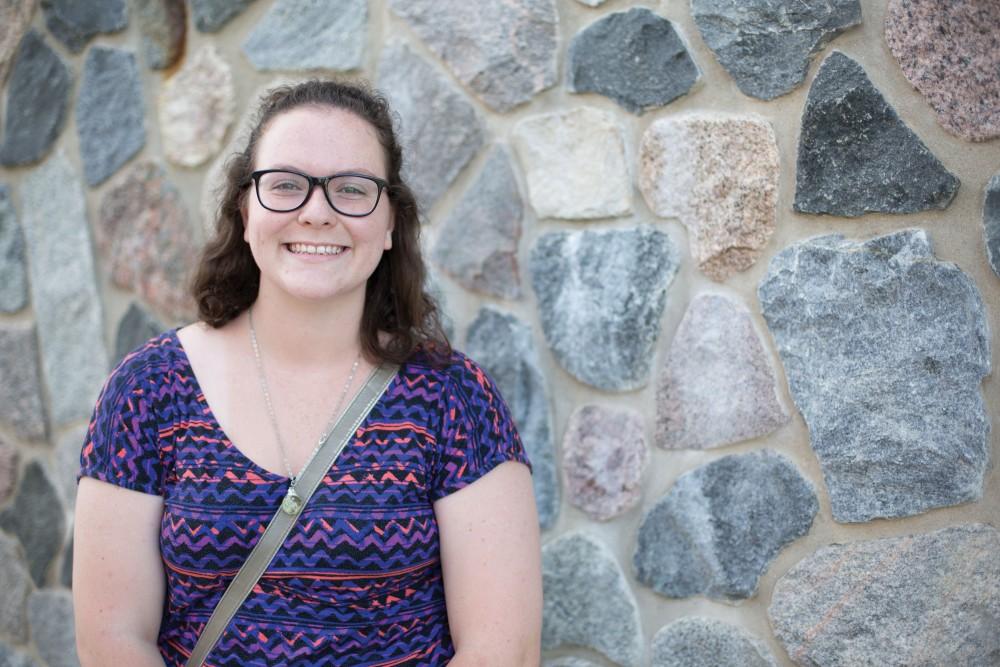Navigating India: Week eight
Nov 5, 2015
Saturday morning, my travel companion Allyson and I boarded a flight to Delhi. On the other side of that flight was my mom, who had arrived from the United States in the middle of the night. Our program has organized for us a week-long tour of the “Golden Triangle” of India–Delhi, Agra and Jaipur. It is my only real week off during the semester, so my mother decided to come visit. We are accompanied by another student, Gaston, who is abroad here at KIIT University.
The past few days we have spent throughout Delhi. We’ve visited a number of noteworthy tourist destinations, from the Jama Masjid to the Akshardham Temple, yet the beauty and wonder of these places is not what sticks out to me.
For the last two months, Allyson and I have been in Kerala. Kerala has the highest literacy rates in the country, the lowest poverty rates and generally a higher quality of life by Western standards.
The shift from Kerala to Delhi brought more of a culture shock than I was expecting. For my mom, of course, the shock has been far worse. The poverty is devastating. What do you do when a small child, covered in dirty, ripped clothing comes tapping on your car window asking for rupees? Your heart aches, your stomach turns, your jaw clenches, your eyes fill. In the words of my mother, “a small twist of fate and your consciousness could be in that body.”
You can give them rupees, and maybe it will help, but who’s to say that child is even working for themselves? The issue is larger than you or that child or whoever they may be working for. It is a systemic issue.
Last week, I saw the richest temple in the world. This week, I saw small hands begging for money for their next meal. Wealth inequality has never been so apparent.
In the U.S., poverty is less prevalent, and the poverty that does exist is pushed underground. We are usually separated from it by far more than a window pane. It is talked about in theory, blaming the laziness of the lower socioeconomic classes. It is not surrounding us everywhere we go. Do not forget, however, that it still exists. On side streets of larger cities, in the shadows of alleys of small towns, hidden out of sight, poverty lurks.
In my head, I hear the words of great Indian philosophers and reformers preaching ideas of one religion, one caste and one people. I find myself wondering when Indians will start to do something to help their community members. I wonder when the government will start to use their power in favor of the people who need it most, then I wonder the same of the U.S.
We are all responsible. Do something to help. In our community, in our country, in our world, we can all do something to help, no matter how small or large. Do not forget that it is the job of each and every one of us to help.
It may seem silly, but the world is quite literally what we make of it. The generations before us have made wealth inequality and poverty. Let’s realize that it doesn’t have to be that way.
Let’s make it better.


























